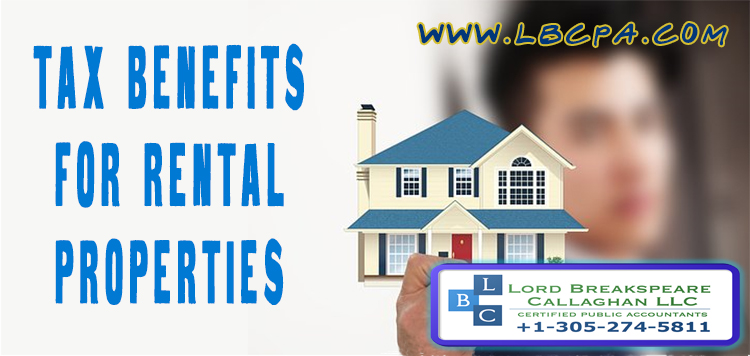LBCPA News 
Click here to go back
-Vacation Homes: Do You Understand the Tax Nuances?

Owning a vacation home can offer tax breaks, but they may differ from those associated with a primary residence. The key is whether a vacation home is used solely for personal enjoyment or is also rented out to tenants.
Sorting it out
If your vacation home is not rented out, or if you rent it out for no more than 14 days a year, the tax benefits are essentially the same as those you’d receive if you own your primary residence. In this scenario, you’d generally be able to deduct your mortgage interest and real estate taxes on Schedule A of your federal income tax return, up to certain limits. Also, you may exclude all your rental income.
But the rules are different if you rent out your vacation home for 15 or more days annually. First, the rental income must be reported. Second, in this scenario, the IRS considers your vacation home to be an investment property and, thus, allows deductions related to the rental of the property, with certain limitations. In addition to mortgage interest and real estate taxes, these deductions generally include insurance, utilities, housekeeping, repairs and depreciation. Also, the deduction for certain categories of expenses cannot exceed the rental income.
If you exceed this number of days of rentals and use your vacation home for personal use, these deductions will be limited by the ratio of actual rental days to the total days of use of the home. Suppose, for example, that you personally use your vacation home for 25 days and rent it for 75 days in a year, so the home is used for 100 total days. Here, you would be allowed to deduct 75% of the expenses listed above as rental expenses. Be aware that a portion of the mortgage interest and real estate taxes may be deductible on Schedule A. In certain circumstances, however, the personal portion of your mortgage interest may not be deductible.
Bottom line
If you want to maximize the tax benefits of your vacation home, limit your personal use of the home to no more than 14 days or 10% of the total rental days. If you want to personally use the home more than this, you can still realize some limited tax benefits. Contact our firm for details about your specific situation.
If you have any questions regarding accounting, domestic taxation, essential business accounting, international taxation, IRS representation, U.S. tax implications of Real Estate transactions or financial statements, please give us a call at 305-274-5811.
Source: Thomson Reuters






